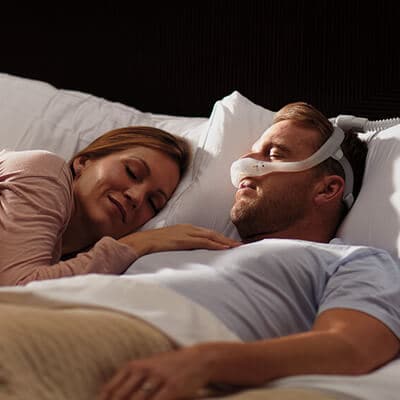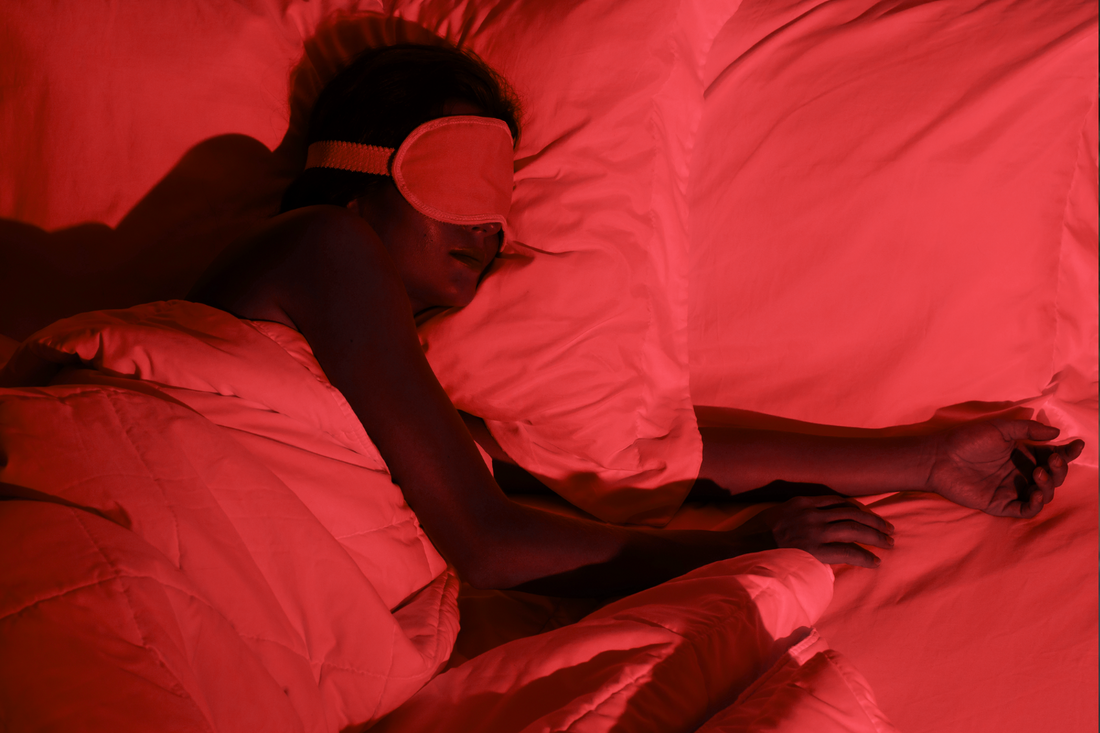Sleep Improvement Therapy - Enhance Your Sleep Quality
Sleep Improvement Therapy - Enhance Your Sleep Quality
Blog Article
Efficient Therapy Solutions for Managing Sleep Disorders and Enhancing Peaceful Sleep
In the world of healthcare, the management of sleep problems and the pursuit for relaxed sleep are essential components of overall health. As we navigate the detailed landscape of rest problems and seek to improve our sleep experience, a deeper understanding of these treatment services may hold the key to unlocking an extra rejuvenating and fulfilling corrective journey.
Cognitive Behavior Modification for Sleeping Disorders (CBT-I)
Cognitive Behavioral Treatment for Insomnia (CBT-I) is an organized, evidence-based treatment approach that concentrates on dealing with the hidden variables contributing to rest disruptions. This sort of treatment aims to modify habits and ideas that worsen sleep problems, inevitably promoting healthy sleep patterns. CBT-I generally involves a number of key parts, including cognitive treatment, sleep constraint, stimulus control, and rest hygiene education and learning.
Cognitive therapy assists individuals recognize and alter adverse thought patterns and beliefs regarding sleep that may be impeding their capacity to drop or stay asleep. Rest constraint entails restricting the quantity of time spent in bed to match the individual's real rest duration, thus raising rest effectiveness (insomnia specialist). Stimulus control strategies aid develop a solid association between the bed and sleep by urging individuals to visit bed only when drowsy and to avoid engaging in boosting tasks in bed
Additionally, rest health education and learning focuses on establishing healthy rest behaviors, such as maintaining a consistent rest routine, producing a relaxing going to bed routine, and maximizing the rest atmosphere. By dealing with these variables adequately, CBT-I uses an effective non-pharmacological treatment for taking care of sleeping disorders and enhancing total rest high quality.
Sleep Health Practices
Having developed the foundation of cognitive restructuring and behavioral adjustments in attending to sleeping disorders with Cognitive Behavior modification for Sleeplessness (CBT-I), the focus currently shifts towards discovering essential Rest Health Practices for keeping optimum rest top quality and total well-being.
Sleep hygiene methods encompass a series of routines and ecological aspects that can substantially impact one's capability to drop asleep and stay asleep throughout the night. Consistent sleep and wake times, producing a relaxing going to bed routine, and optimizing the rest setting by keeping it dark, peaceful, and cool are vital parts of excellent sleep hygiene. Limiting exposure to screens before going to bed, staying clear of stimulants like high levels of caffeine near bedtime, and participating in routine physical task throughout the day can likewise promote much better sleep quality.
In addition, exercising relaxation methods such as deep breathing exercises or reflection before bed can assist calm the mind and prepare the body for sleep. By incorporating these rest hygiene methods into one's day-to-day routine, people can develop a healthy sleep pattern that sustains relaxed rest and general wellness.
Relaxation Methods and Mindfulness
Executing leisure methods and mindfulness practices can play a crucial role in promoting a feeling of calm and promoting high quality sleep. insomnia specialist. These methods intend to quiet the mind, reduce tension, and produce an optimal setting for restful rest. One widely practiced technique is deep breathing workouts, where individuals concentrate on slow-moving, deep breaths to loosen up the mind and body. Dynamic muscular tissue relaxation entails tensing and after that releasing each muscular tissue team, advertising physical relaxation. Additionally, led images can help transport individuals to a tranquil place in their minds, assisting in stress decrease and enhancing sleep high quality.
Mindfulness techniques, such as meditation and yoga exercise, are also efficient in advertising relaxation and enhancing rest. Mindfulness motivates individuals to remain existing in the minute, releasing worries regarding the past or future. By including these techniques right into a going to bed regimen, people can signal to their bodies that it is time to loosen up and prepare for sleep. On the whole, integrating relaxation methods and mindfulness practices can dramatically add to managing sleep conditions and enhancing general rest top quality.

Medication Options for Sleep Disorders
After checking out relaxation techniques and mindfulness techniques as non-pharmacological interventions for boosting sleep quality, it is website link necessary to think about medicine choices for individuals with rest conditions. In cases where way of life adjustments and treatment do not offer enough alleviation, medication can be an important tool in managing sleep disruptions.
Typically prescribed medicines Get More Info for sleep problems consist of benzodiazepines, non-benzodiazepine hypnotics, antidepressants, and melatonin receptor agonists. Antidepressants, such as trazodone, can be advantageous for people with co-occurring clinical depression and sleep disruptions - insomnia specialist.
It is essential for people to consult with a healthcare company to identify the most appropriate drug option based on their specific sleep problem and case history.
Light Therapy for Body Clock Law
Light therapy, additionally recognized as phototherapy, is a non-invasive therapy approach used to control body clocks and boost sleep-wake cycles. This therapy includes exposure to intense light that simulates natural sunshine, which helps to reset the body's inner clock. By exposing individuals to details wavelengths of light, typically in the morning or night depending upon the wanted result, light therapy can efficiently adjust the body clock to promote wakefulness throughout the day and improve relaxed rest during the night.
Research study has shown that light therapy can be especially valuable for people with body clock conditions, such as postponed rest phase syndrome or jet lag. It can likewise be valuable for those experiencing seasonal affective problem (SAD), a sort of anxiety that typically occurs during the winter season when natural light exposure is lowered. Light treatment is usually well-tolerated and can be made use of together with various other treatment approaches for sleep problems to maximize outcomes and boost general rest quality.
Conclusion
In final thought, effective treatment services for taking care of rest disorders and improving restful sleep include Cognitive Behavioral Treatment for Sleeping Disorders (CBT-I), sleep hygiene methods, leisure methods and mindfulness, medication alternatives, and light therapy for circadian rhythm law. These methods can assist people enhance their rest quality and overall well-being. It is very important to talk herbal insomnia to a doctor to establish the most appropriate technique for addressing sleep issues.
As we browse the complex landscape of sleep disorders and seek to boost our sleep experience, a deeper understanding of these therapy services might hold the key to opening a much more refreshing and fulfilling restorative journey.
Sleep restriction involves limiting the quantity of time spent in bed to match the person's actual rest duration, consequently raising sleep efficiency. Constant rest and wake times, developing a relaxing going to bed routine, and enhancing the rest environment by keeping it dark, silent, and cool are vital parts of excellent sleep hygiene. Light treatment is typically well-tolerated and can be utilized in conjunction with various other treatment approaches for sleep conditions to enhance end results and enhance general rest top quality.

Report this page